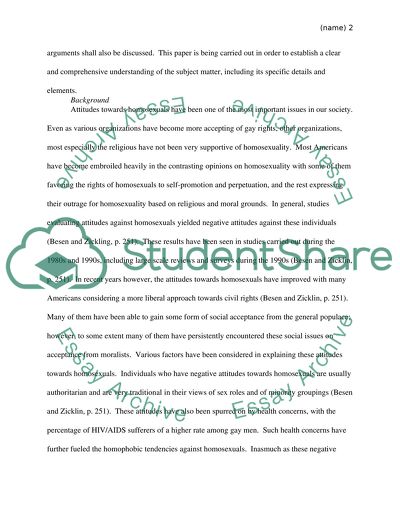Cite this document
(“American Attitudes towards Homosexuals Research Paper”, n.d.)
Retrieved de https://studentshare.org/english/1392659-american-attitudes-towards-homosexuals
Retrieved de https://studentshare.org/english/1392659-american-attitudes-towards-homosexuals
(American Attitudes towards Homosexuals Research Paper)
https://studentshare.org/english/1392659-american-attitudes-towards-homosexuals.
https://studentshare.org/english/1392659-american-attitudes-towards-homosexuals.
“American Attitudes towards Homosexuals Research Paper”, n.d. https://studentshare.org/english/1392659-american-attitudes-towards-homosexuals.


